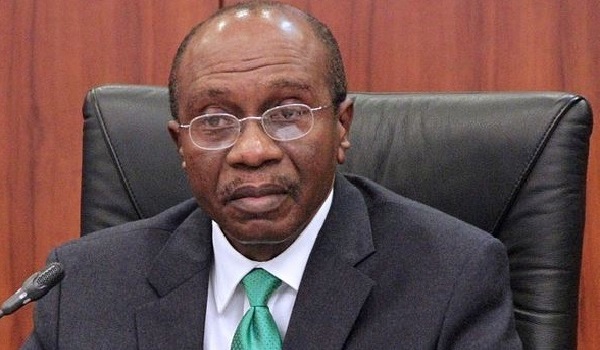Business
CBN rules out introduction of N5000 note

The Central Bank of Nigeria (CBN) on Tuesday ruled out the introduction of the N5000 note in the country.
The CBN’s Director of Currency Operations, Ahmed Umar, made the clarification at a three-day workshop organised by the Nigeria Deposit Insurance Corporation (NDIC) for members of the Financial Correspondents Association of Nigeria (FICAN) and Business Editors in Abuja.
President Muhammadu Buhari unveiled the new N200, N500, and N1000 notes last week in Abuja.
Videos of some bundles of new N5,000 notes with the Central Bank of Nigeria clearly printed on them surfaced on WhatsApp a few days after the apex bank announced plans to redesign the naira notes in October.
Umar, who was represented at the forum by CBN’s Head of Policy Development and Currency Operations, Amina Halidu-Giwa, said the apex bank was not carrying out note restructuring.
He said the CBN had not made any provision for exchange in the redesigned note.
READ ALSO: FACT-CHECK: Is this viral video of N5000, N2000 notes real?
“We are not introducing any new note because there was noise, some people have seen one N5000 note that we don’t know about.
“What we are printing is going to be very limited because we want other means of settling transactions to be used.
“Because of Nigerians and cash, there seems to be a problem. And it will give us enhanced visibility and control of the currency.
“We will also be able to control the number of banknotes outside,” the CBN official stated.
Join the conversation
Support Ripples Nigeria, hold up solutions journalism
Balanced, fearless journalism driven by data comes at huge financial costs.
As a media platform, we hold leadership accountable and will not trade the right to press freedom and free speech for a piece of cake.
If you like what we do, and are ready to uphold solutions journalism, kindly donate to the Ripples Nigeria cause.
Your support would help to ensure that citizens and institutions continue to have free access to credible and reliable information for societal development.






















